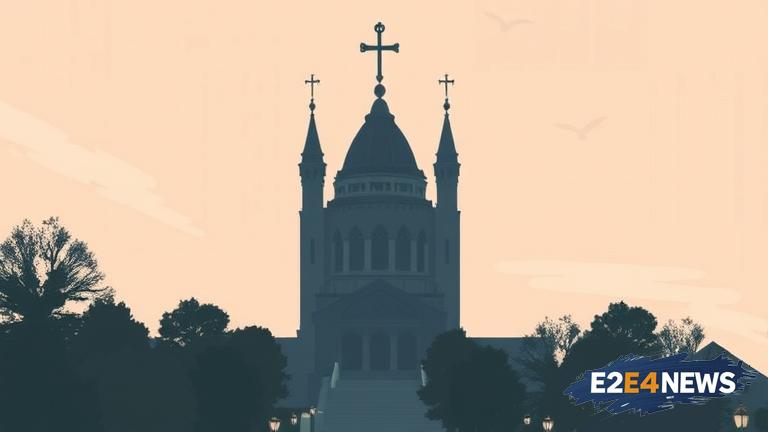The recent settlement between the Rochester Diocese and survivors of clergy abuse has sent shockwaves throughout the community, with many hailing it as a major victory for accountability and justice. The $246 million agreement is one of the largest of its kind, and it is expected to provide much-needed compensation and closure for the hundreds of victims who suffered at the hands of abusive clergy members. The settlement is the result of years of tireless advocacy and litigation by survivors and their supporters, who have fought to expose the truth about the diocese’s handling of abuse allegations. Despite the significant amount of the settlement, many survivors have expressed mixed emotions, citing the trauma and pain that they have endured as a result of the abuse. The settlement is also seen as a major blow to the Rochester Diocese, which has faced intense scrutiny and criticism for its handling of abuse allegations. The diocese has acknowledged that it failed to properly address the abuse, and has pledged to implement reforms to prevent similar incidents in the future. The settlement is expected to be paid out over several years, with the majority of the funds coming from insurance companies and other sources. The agreement also includes provisions for counseling and support services for survivors, as well as measures to increase transparency and accountability within the diocese. While the settlement is a significant step forward, many survivors and advocates are calling for further action, including the release of documents and records related to the abuse. The Rochester Diocese has faced numerous lawsuits and allegations of abuse in recent years, with many cases dating back decades. The settlement is seen as a major milestone in the ongoing effort to address the legacy of abuse within the Catholic Church. The case has also sparked renewed calls for reform and accountability within the church, with many advocating for greater transparency and oversight. The settlement is expected to have far-reaching implications, both locally and nationally, and is likely to be closely watched by other dioceses and institutions facing similar allegations. In the wake of the settlement, many survivors have spoken out about their experiences, sharing stories of trauma, pain, and resilience. The settlement has also sparked a wider conversation about the need for greater support and resources for survivors of abuse, as well as the importance of accountability and justice. As the community begins to heal and move forward, many are calling for continued vigilance and advocacy to ensure that similar incidents are prevented in the future. The settlement is a testament to the power of survivor advocacy and the importance of holding institutions accountable for their actions. It is also a reminder that the journey towards justice and healing is long and complex, and that continued support and resources are needed to ensure that survivors receive the care and compensation they deserve. The Rochester Diocese has pledged to work towards healing and reconciliation, and has acknowledged the harm caused by the abuse. The settlement is seen as a major step towards rebuilding trust and credibility, and is expected to have a lasting impact on the community. In the end, the settlement is a reminder that justice and accountability are possible, even in the face of overwhelming adversity. The survivors of clergy abuse have shown remarkable courage and resilience, and their advocacy has paved the way for a new era of transparency and accountability within the Catholic Church.





